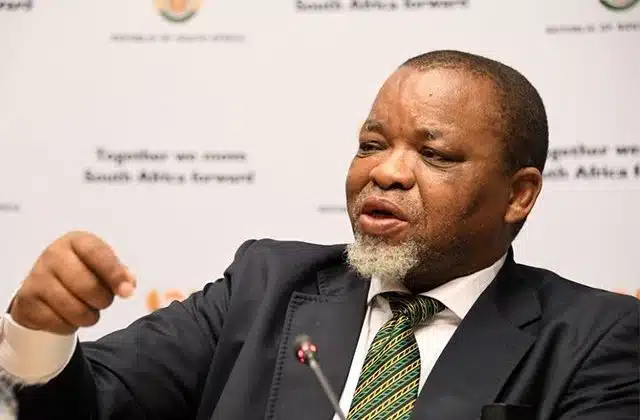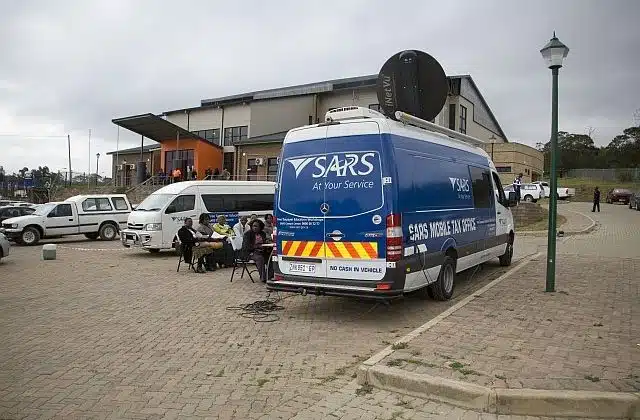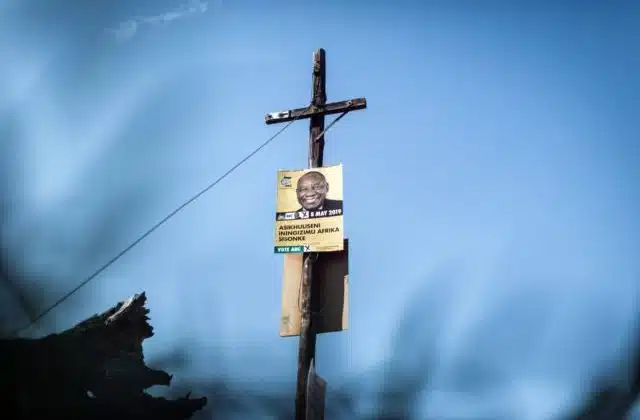
Big language change coming for schools in South Africa
Basic Education minister Angie Motshekga says her department is developing a new plan to promote the nine previously marginalised languages at schools in South Africa – other than English and Afrikaans.
Responding in a recent written parliamentary Q&A, Motshekga said the plan will see these languages used as ‘languages of learning and teaching’ from Grade 3 and beyond. Languages which will be featured in the programme include:
- IsiZulu;
- IsiXhosa;
- IsiNdebele;
- Siswati;
- Sesotho;
- Setswana;
- Sepedi;
- Tshivenda;
- Xitsonga.
Research worldwide shows that learners learn best through their home languages, Motshekga said.
“The Department of Basic Education, through the Eastern Cape Education’s own initiative, piloted the Mother Tongue Based Bilingual Education wherein IsiXhosa and Sesotho were utilised as languages of learning and teaching for mathematics and science and technology beyond Grade 3,” she said.
“The learnings from the Eastern Cape Mother Tongue Based Bilingual Education pilot taught us to be very prudent in dealing with a programme of this nature.”
Motshekga added that her department was working with the Department of Higher Education, Science and Innovation (DHESI) on teacher production to ensure that there are enough teachers to instruct students across these nine languages in key subjects.
The minister has previously acknowledged that there are issues with moving to a purely mother-tongue-based system, noting that it was likely impossible to have a pure class in Sotho or Xhosa in Gauteng the way similar classes have been held in the Eastern Cape.
She added that in classes teachers use multiple different languages to help children learn and get their point across. However, when it comes to assessments – which are typically done in English – they are once again forced to grapple with a language they did not understand while learning.
“They are no longer being tested on their cognitive development or understanding (of the work). You are now testing their language abilities, which is a problem.
“Government has begun the process of changing this and the next step is to assess them in the language they are taught – so that we are able to assess performance and not language proficiency.”
She added that government would have to use technology and other systems to effectively translate complicated scientific and mathematical concepts into languages that do not necessarily have the same terminology.
Read: South Africa needs at least 60% of school-leavers to enter these jobs: minister



